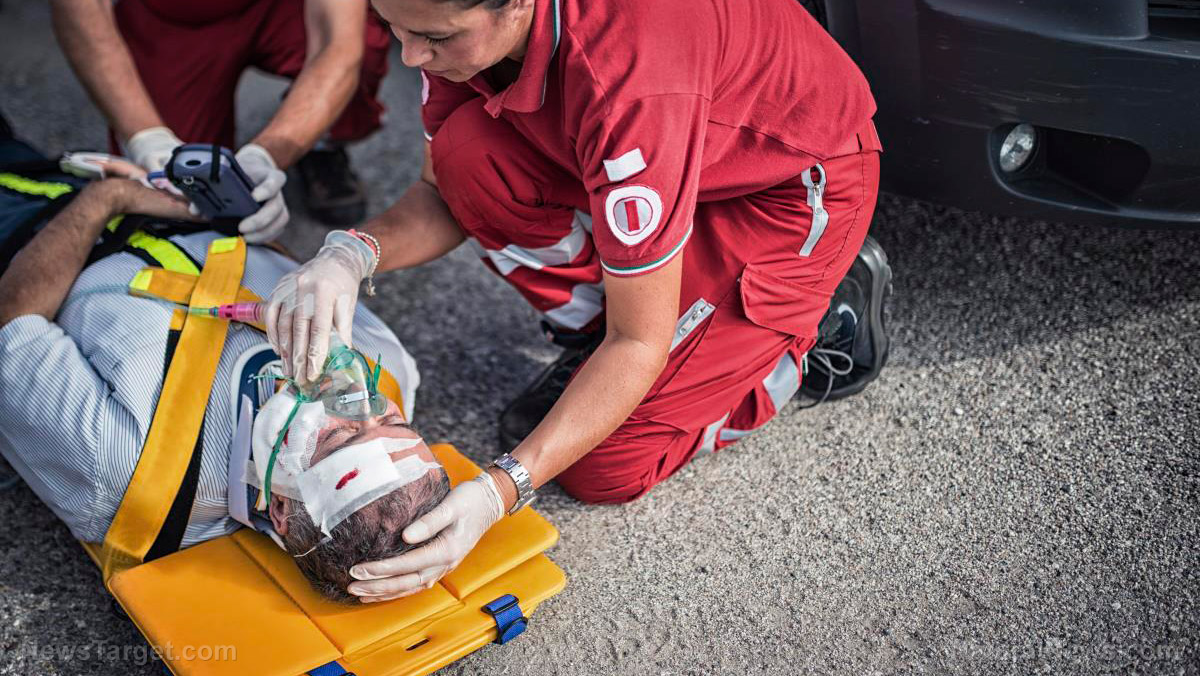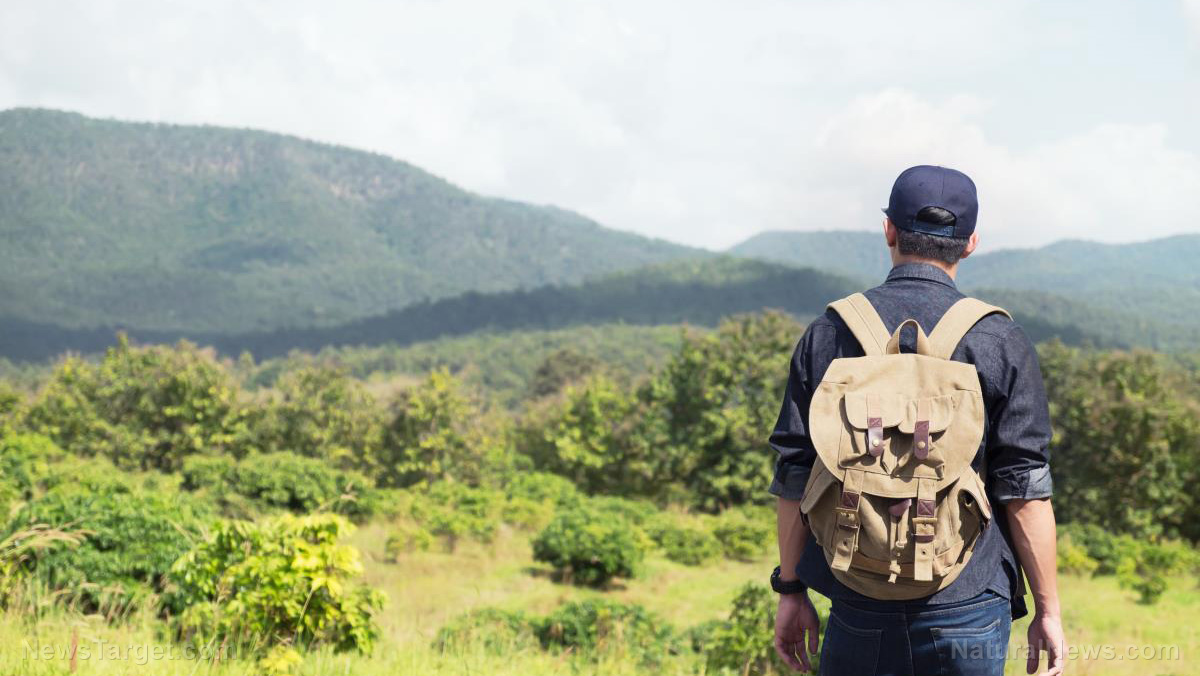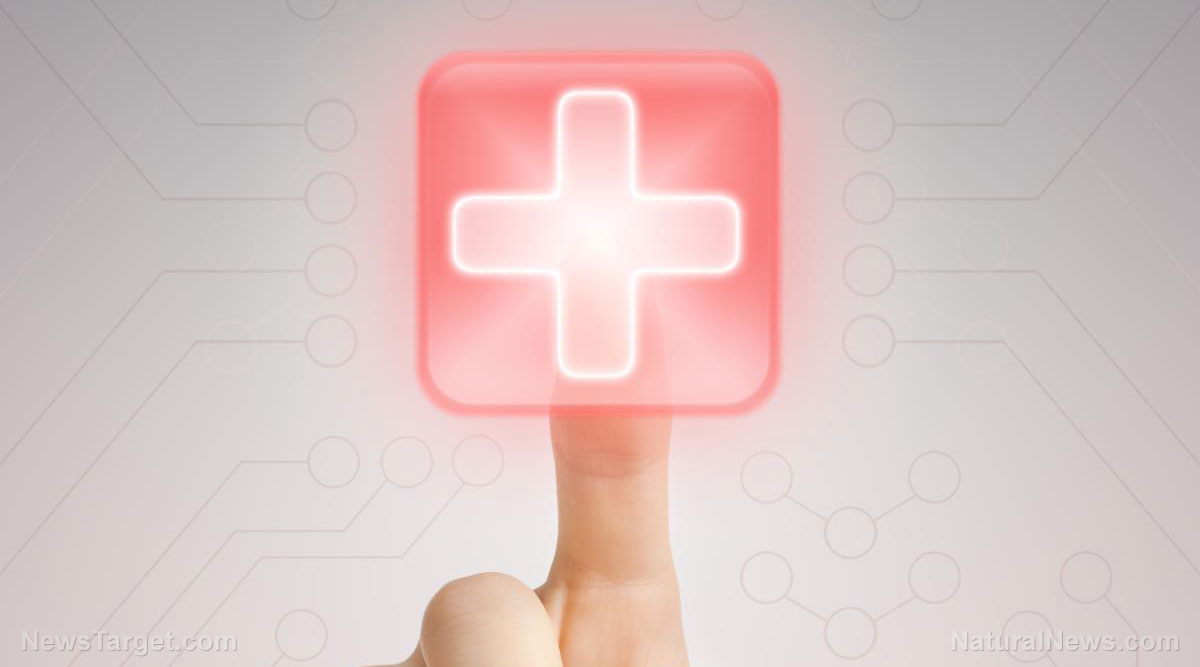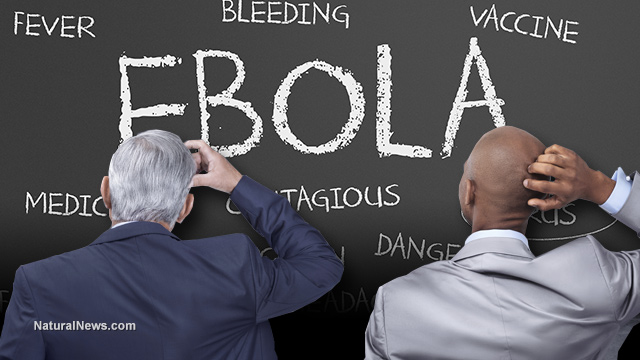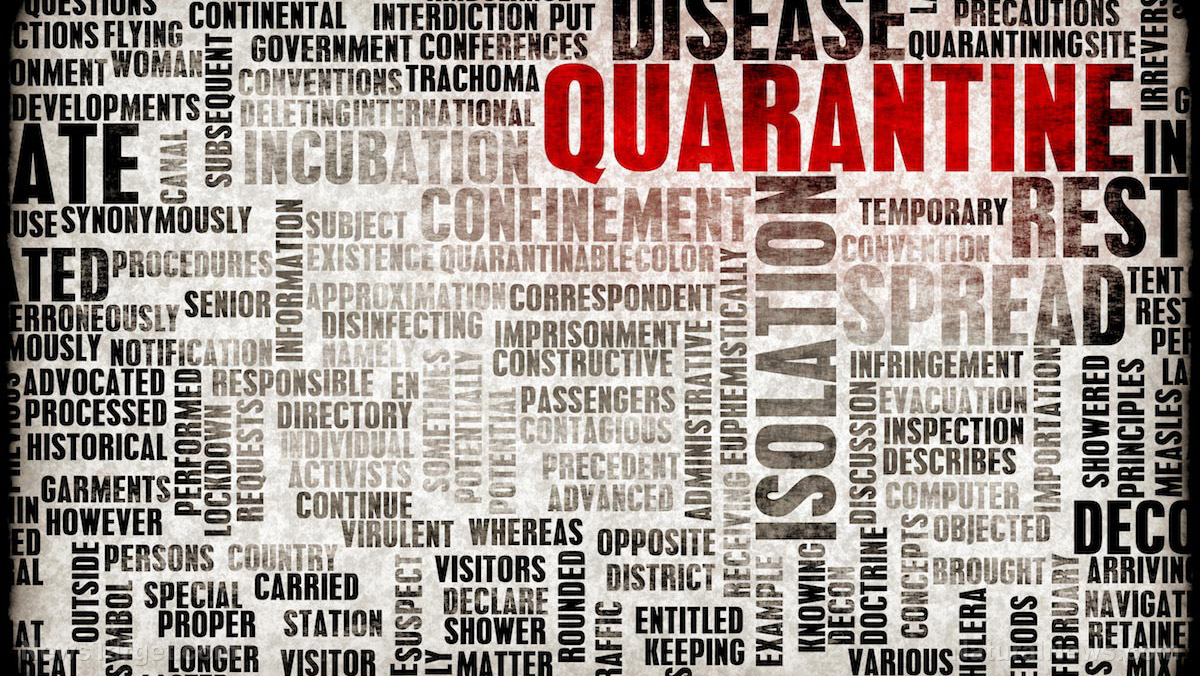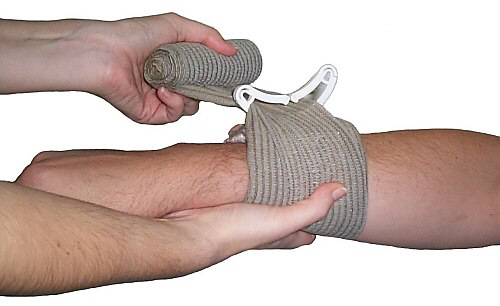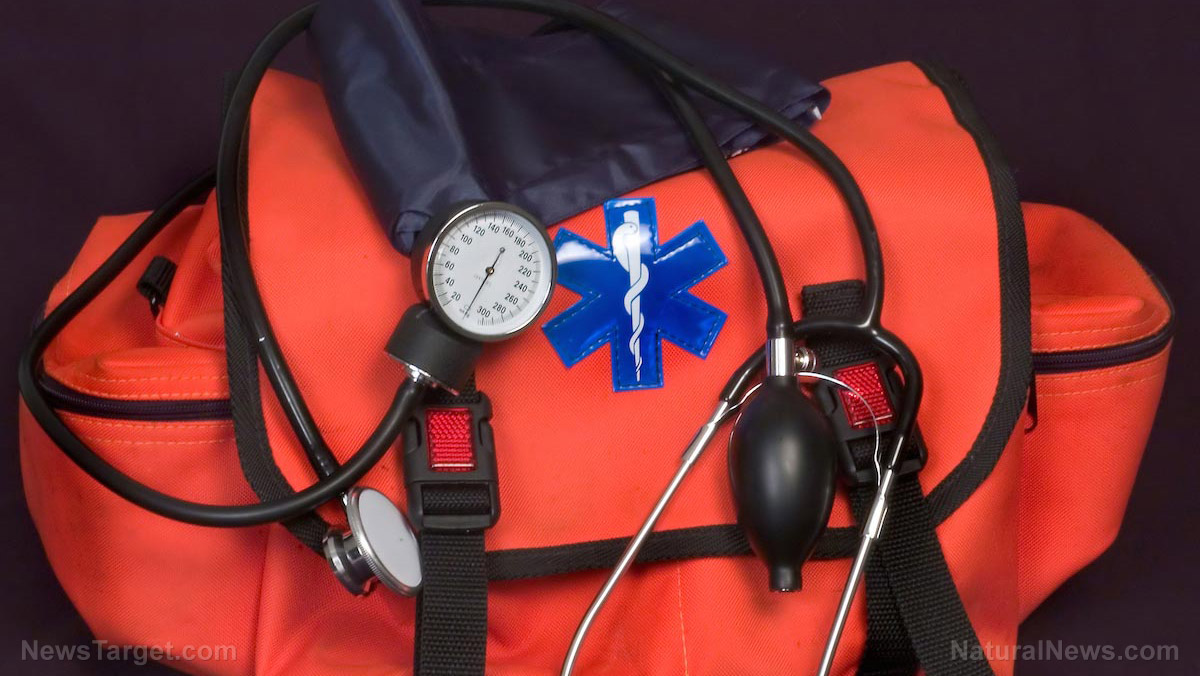7 health emergencies you will face in a societal collapse
09/27/2018 / By JD Heyes
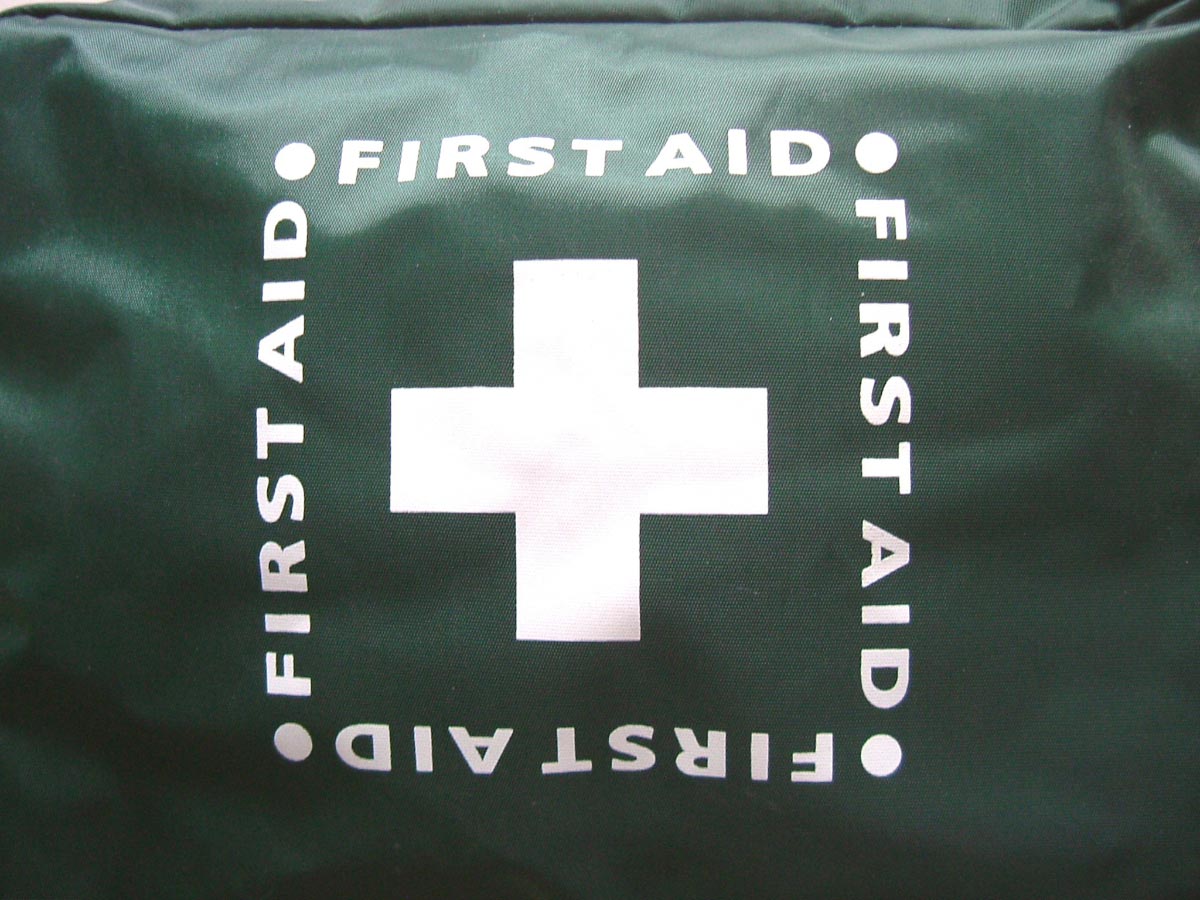
At some point in our lives, every one of us will need health care of some sort, whether it be to cure an illness or help with an injury. But most people have no idea how to take care of a medical problem outside of an over-the-counter remedy for a cold or headache.
In a societal collapse scenario, our basic healthcare infrastructure, like all other systems, will cease to function, making it necessary for us to be able to take care of ourselves. Outside of taking a basic emergency medical course, there are some essential skills you can learn on your own that will better prepare you to handle the inevitable ailments and injuries you are likely to suffer when the world you’re used to ceases to function.
Here are some of the most common medical problems you are likely to face, and how best to treat them.
Sprains
When a ligament is stretched beyond its normal range, a sprain occurs. These can be especially painful and, if an ankle is involved, make travel either very difficult or impossible for a period of time, which leaves you vulnerable – to the elements, animals and even human predators. Sprains generally result in bruising and swelling, and if not treated properly can endure for days. If you suffer a sprain, ice and elevation of the injured body part are crucial to help reduce swelling. Alternate ice every 30 or so minutes the first day after injury, but continue to keep the part elevated. If you must travel, immobilize the part as best you can; so-called “Ace” wraps or elastic bands work best, so keep a few in your first aid kit. (Related: Choosing The Most Useful First Aid Supplies.)
Bleeding
The best way to control bleeding is by applying direct pressure. Before applying a direct pressure dressing, cuts should be cleaned with hydrogen peroxide or fresh water, then covered with a clean gauze dressing. For cuts that would normally require stitches, bandage the injury in a way that closes the skin as best you can, to keep out dirt and bacteria. Smaller cuts and scrapes can be dressed with antibiotic cream; wash your hands before treating cuts, as that can lead to infection – increased redness around the wound, increasing pain, drainage and warmth/swelling at the site.
Burns
These can occur in a variety of ways, especially if you are using fire for heat, to cook with or to boil/sterilize water. Burns can be very dangerous, especially over larger areas, because they can cause massive fluid loss. If you suffer a burn, place it under cool, not cold, water for several minutes, to reduce swelling. Minor first- or second-degree burns (with blistering) can become infected easily, so keep them covered with loose-fitting dressings that you change often. Do not use ice packs or antibiotic creams or salves on burns, as this can make infections more likely.
Diarrhea
Believe it or not, uncontrolled diarrhea can kill you. Why? Because diarrhea that becomes chronic can lead to severe dehydration, and ultimately, death. Causes of diarrhea include drinking or eating contaminated water or foods and poor handwashing/hygiene. And while diarrhea can be dangerously dehydrating, doctors do not recommend taking a medication to stop diarrhea because most often the cure for what is causing it in the first place is more diarrhea. Steven Kussin, MD, a gastroenterologist in New York, says, “When you have acute diarrheal problems, the cure is the diarrhea. Getting rid of the offending agent through evacuation is important and not to be interfered with.”
Allergic reaction
This can also be a true emergency, leading to airway closure and death – perhaps from a bee sting or an allergy to seafood/shellfish, peanuts, etc. Many people don’t know they are deathly allergic to something until they are either stung or they eat something that gives them a violent reaction. In a societal collapse scenario, there likely won’t be anything you can do for this kind of reaction. However, for other allergies – say, seasonal allergies or allergies to cats/dogs/animals – a simple antihistamine in your first aid kid will normally suffice. (Related: Survival Expert Warns Americans To ‘Double Down’ On Survival Supplies In Preparation For A 2017 Engineered Crisis.)
Fever
The development of a fever generally means the body is trying to fight off some kind of bacterial or viral infection. Fevers, therefore, are positive in that they indicate the body’s immune system is functioning. However, fevers can also be debilitating. Make sure you have a known fever reducer that you can purchase over-the-counter in your first aid kit, and remember, some of these are also good for pain reduction and headaches.
Eye injury
These can occur quickly, either from an object or some chemical. If you get something in your eye, begin flushing it with clean, fresh water to dislodge what is causing the irritation; the same treatment is recommended if you get a chemical splashed in your eyes (if an object scratches the cornea, this can cause an extreme amount of pain for 24-48 hours). Cover the eye with a bandage for 1-2 days, to allow the eye to begin healing.
Sources:
Tagged Under: disaster, health emergency, preparedness, prepper, prepping, SHTF, societal collapse, survival, tips

